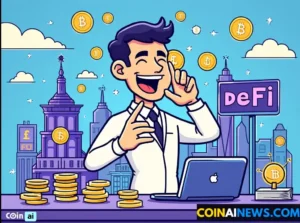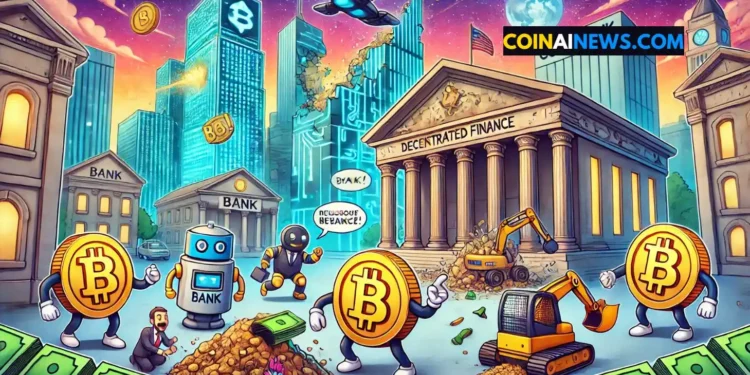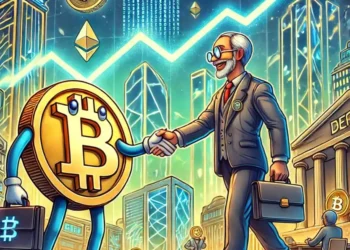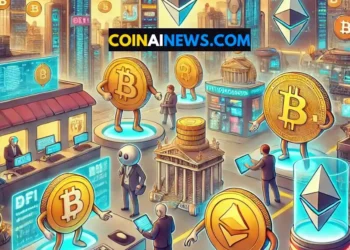DeFi: Revolutionizing the Financial World
Decentralized Finance, or DeFi, is not just a buzzword but a paradigm shift in how financial services are offered and managed. Moving away from traditional, centralized financial systems, DeFi leverages blockchain technology to create an open, accessible, and transparent financial ecosystem.
What is DeFi?
At its core, DeFi involves financial products and services on a public blockchain, primarily Ethereum. It aims to democratize finance by eliminating intermediaries like banks and enabling services like loans, insurance, and trading through smart contracts.
The Core Components of DeFi
- Smart Contracts: Self-executing contracts with the terms directly written into code.
- Decentralized Exchanges (DEXs): Platforms for trading cryptocurrencies without a central authority.
- Yield Farming: Earning returns on cryptocurrency investments.
- Stablecoins: Cryptocurrencies with price stability mechanisms.
The Inverted Pyramid of DeFi Information
Understanding DeFi starts with grasping its most impactful applications:
- Decentralized Lending and Borrowing: Platforms like Aave and Compound allow users to lend or borrow funds.
- Decentralized Trading: Through DEXs, users can trade without traditional brokerages.

Why DeFi Matters
DeFi opens up financial services to anyone with an internet connection, potentially including those unbanked or underbanked globally.
Legal and Regulatory Landscape
Navigating the legal framework is crucial for the mainstream adoption of DeFi. Regulatory bodies worldwide are still figuring out how to approach these decentralized systems, balancing innovation with consumer protection.
Challenges and Risks
While DeFi promises much, it also comes with significant risks:
- Smart Contract Vulnerabilities
- Market Volatility
- Regulatory Uncertainty
Future of Finance with DeFi
The potential future of DeFi includes:
- Integration with Traditional Finance
- Better Security Protocols
- Enhanced User Interfaces
Conclusion
DeFi stands at the forefront of a financial revolution, promising greater autonomy, transparency, and accessibility. However, its journey is fraught with challenges that require careful navigation through technological, security, and regulatory landscapes.
Frequently Asked Questions
What makes DeFi different from traditional finance?
DeFi operates without central authorities or intermediaries, using blockchain for transparency and security.
Is DeFi safe to invest in?
Like any investment, DeFi has risks, particularly around smart contract vulnerabilities and market volatility. Due diligence is crucial.
Can traditional banks be replaced by DeFi?
While DeFi offers alternatives, complete replacement is unlikely in the near term due to regulatory and security concerns.
How do I get started with DeFi?
Start by setting up a digital wallet, buying some cryptocurrency, and exploring platforms like Uniswap or MakerDAO.
What are the environmental concerns with DeFi?
Many DeFi applications run on Ethereum, which has been criticized for its energy consumption, though solutions like Ethereum 2.0 aim to address this.






